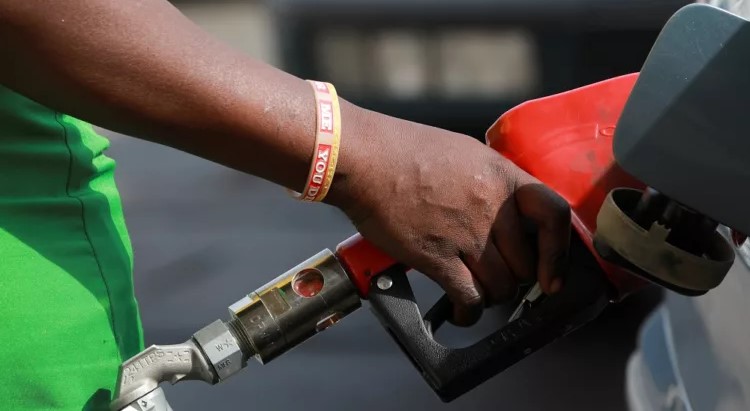(3 Minutes Read)
The anticipated competition in Nigeria’s downstream oil and gas sector seems to have begun, as petrol retailers reported on Saturday that the Nigerian National Petroleum Company Limited (NNPC) had lowered the ex-depot price of petrol to N899 per litre. This change comes just three days after the Dangote refinery announced its price reduction to N899.50 per litre.
Dangote Refinery is also partnering with MRS Oil to reduce the pump price of petrol, just as the President of the Dangote Industries Limited, Aliko Dangote, attributed the reduction in prices of petroleum products in the country to the naira-for-crude deal recently reached by stakeholders in the sector and commended President Bola Tinubu for the overall positive impact the deal is having on the Nigerian economy.
This is coming as the NNPCL has debunked a report that it stopped loading its gantries at the Port Harcourt refinery, describing it as a figment of the imagination of some persons who want to induce artificial scarcity of petrol. NNPCL’s recently rehabilitated Port Harcourt refinery first began selling at N1,045 per litre (ex-depot), before it reduced to N1,030, and then N1,020 per litre before the latest reduction to N899 per litre.
The Petroleum Products Retail Outlets Owners Association of Nigeria (PETROAN), which confirmed the new development, described it as a ‘significant step’, pointing out that it was in response to the competitive impact of deregulation in the downstream sector. According to the group of petrol retailers, the move is expected to spark a ‘price war’ among oil marketers, ultimately benefiting consumers of petroleum products. NNPC recently reduced the ex-depot price of petrol from N1,020 to N899 per litre, a move that PETROAN has commended. PETROAN hails the NNPC for responding to the call for affordable Premium Motor Spirit (PMS) prices.
Describing the price reduction as a welcome development that will bring relief to motorists and Nigerians during the holiday season, the Chairman of PETROAN, Dr Billy Gillis-Harry said it was a demonstration of the NNPCL’s commitment to making petroleum products more affordable for Nigerians. With the price reduction, he said there will be a cut in transportation costs, motorists will spend less on fuel, and there will be increased disposable income and a rise in economic activities.
Read Also:
https://trendsnafrica.com/spiralling-energy-prices-fuel-inflation-in-africa/
Lower fuel prices will stimulate economic growth by reducing production costs and increasing demand for goods and services. The price reduction will lead to a decrease in the cost of living, enabling Nigerians to afford necessities and enjoy a better quality of life.





